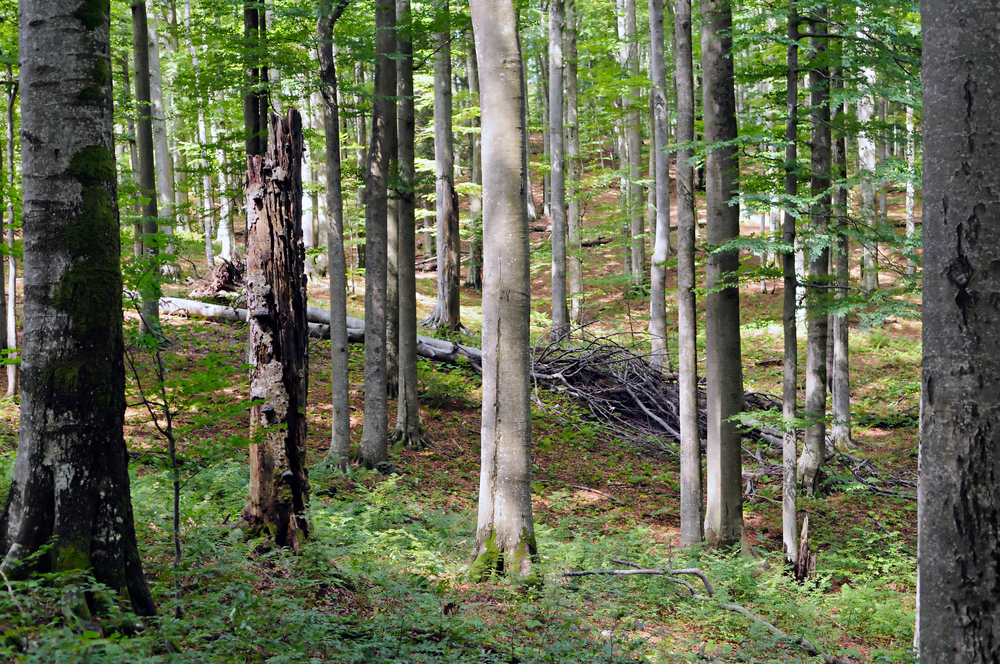The Forestry Bill 2013 was under scrutiny yesterday in the Oireachtas Committee on Agriculture. The bill’s main aim is to support the development of a modern forestry sector, taking note of good forest practice and the environmental protection.
A number of industry stakeholders were before the committee including the Irish Farmers Association (IFA), the Environment Pillar and the Irish Timber Growers’ Association.
Representing the IFA was forestry chairman Michael Fleming. He said he was concerned that the Forestry Bill creates a restrictive legislative framework that would be extremely detrimental to the expansion of the sector unless amendments are made.
He said: “The expansion of the sector is dependent on farmer involvement and the bill should create a legislative framework that supports farm level timber production, as well as satisfying the multi-functional aspects of today’s forests.”
The committee heard more than 17,000 farmers have invested in forestry. The age distribution of these forests is young; most of the forests were established over the past two decades, with approximately 20 per cent entering production stage. The forest and forest products sector contribute €2.2bn to the Irish economy and provides 16,000 jobs.
The committee also heard that in 2013, only 6,200 hectares of new forest were established, which was well below the sustainable level of 15,000 hectares per annum required to achieve the strategic plan.
In the past three years, Ireland has consistently failed to plant the 7,000 hectares budgetary allocation for the afforestation programme. A combination of policy and funding measures have undermined farmer confidence in the forestry programme in recent years and contributed to the decline, the committee was told.
IFA’s Fleming said private forest owners must have the right to manage their forest in accordance with their own management objectives, as long the management is consistent with the principles of sustainable forest management.
“The requirement to submit a management plan, which may be approved, rejected, revoked or revised at any stage is an unnecessary barrier to afforestation and the mobilisation of the timber resource. It increases the administrative burden, the management costs associated with an operation and creates huge uncertainty for private forest owners.”
The Irish Timber Growers Association was represented by Brendan Lacey and Donal Whelan. The latter outlined that over the past three decades the private sector was strongly encouraged to plant their lands. He noted the proposed Forestry Bill must not jeopardise confidence in the industry.
A particular area of concern for the Whelan was the fact that the minister has the right to refuse a forestry owner a felling licence. “It does not provide for a growers compensation for financial loss,” he said.
He added: “We have no issue with the minister not granting a felling license as long as the forest owner is reimbursed for his loss.”
Whelan stressed that the likelihood of felling licences being refused on environmental grounds is growing. He highlighted, according to the latest national forest inventory, the area of environmental designation has rose by eight per cent.
Brendan Lacey also said: “The felling licence should be for a considerably longer period than the five years proposed and should include all the thinnings.”
He said: “It seems unnecessarily burdensome that you would have to apply for a licence for normal management process.”
